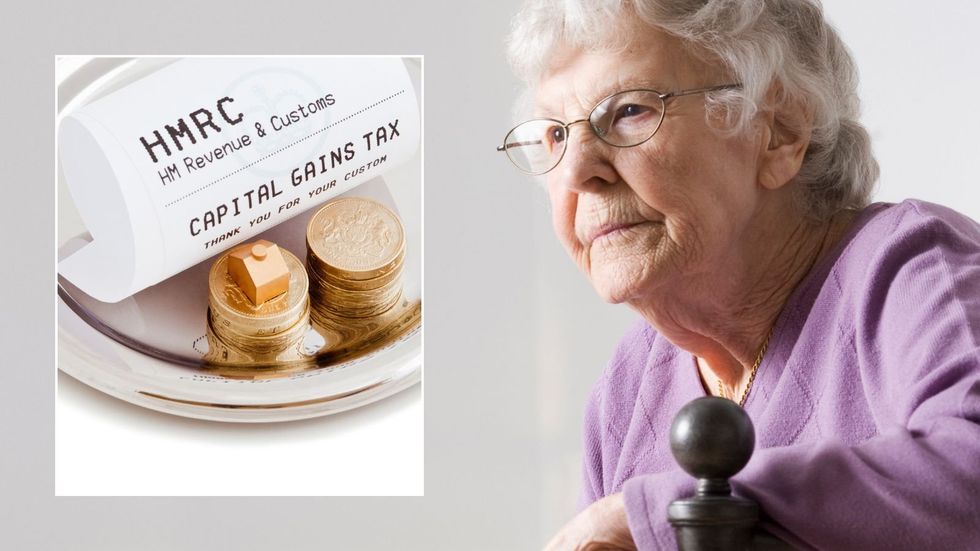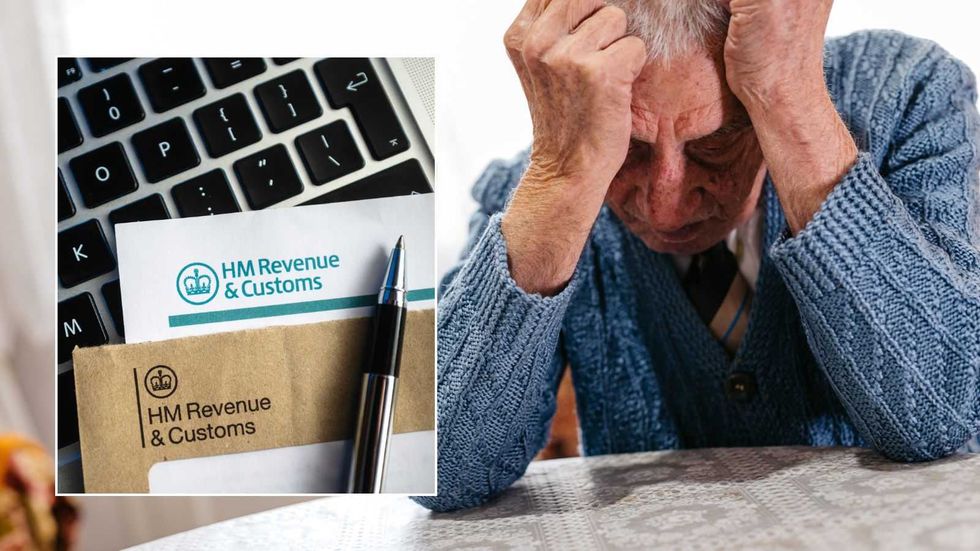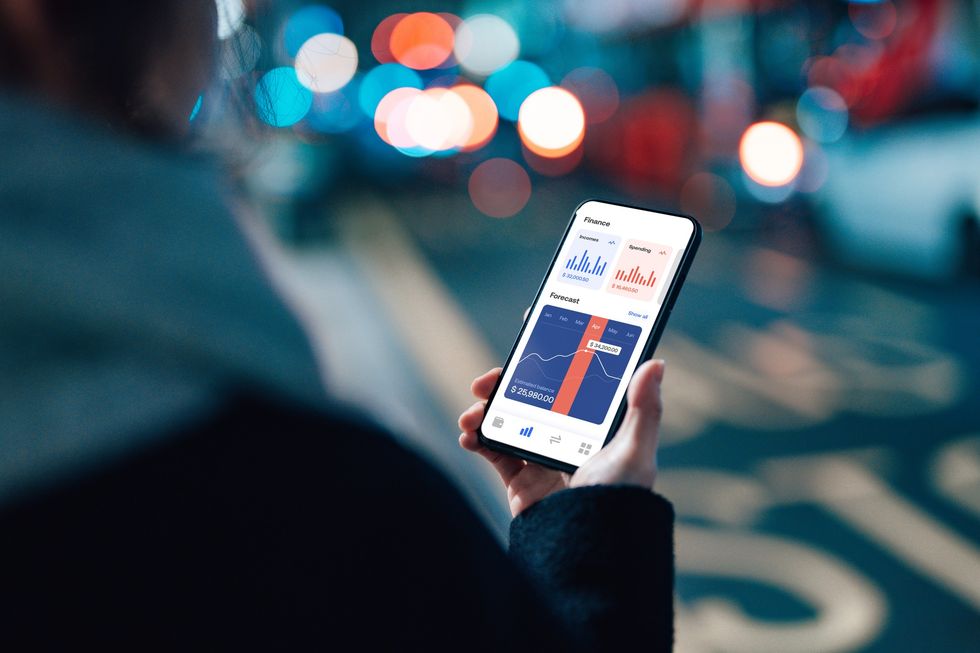Over one million pensioners will be slapped with a tax bill on their cash savings in 2025, according to the latest data from HM Revenue and Customs (HMRC).
The number of retirees liable for this levy has surged from fewer than half that number in the 2022-23 tax year due to high interest rates and fiscal drag, experts claim.
Under previous Conservative Chancellor Jeremy Hunt, tax allowances were frozen with Rachel Reeves set to continue keeping thresholds at the same rate until at least 2028.
Critics claim this policy, otherwise known as a fiscal drag, is a stealth tax as Britons find themselves pulled into higher tax brackets due to their income or savings exceeding allowances.

One million pensioners will pay tax on their savings this year, HMRC figures reveal
|
GETTY
Retired individuals now account for almost half of the 2.6 million people who will owe tax on their savings income during 2025-26, the official statistics show.
Analysts note the dramatic rise reflects how frozen allowances have failed to keep pace with higher returns on savings accounts.
Among retired savers facing tax bills, more than 80,000 will pay the highest 45 per cent rate on interest from accounts held outside tax-free ISAs.
This represents a significant jump from 33,000 pensioners in this bracket three years earlier.
 HMRC has toughened pension tax relief rules | GETTY
HMRC has toughened pension tax relief rules | GETTYThe majority of affected pensioners fall into the basic rate category, with 731,000 expected to receive tax demands.
As such, the group group represents two-thirds of all basic rate taxpayers who will owe money on their savings interest this year.
Notably, the concentration of pensioners among savings taxpayers reflects their tendency to hold larger cash reserves during retirement years.
These figures emerge as speculation mounts that Chancellor Rachel Reeves could slash the annual ISA limit from its current £20,000 level when she delivers her Budget on 26 November.
A senior Labour source told The Telegraph that ministers were revisiting proposals to reduce the tax-free savings allowance.
Plans to announce ISA reforms during a City speech in July were shelved following strong opposition from building societies, who cautioned that changes could drive mortgage costs higher.
Investment experts have cautioned that any reduction would hit retired savers particularly hard, as they typically maintain larger cash positions to avoid market volatility in their later years.
The tax authority anticipates collecting more than £6 billion from savers during the current year, with those liable facing average bills of £2,300.
LATEST DEVELOPMENTS:
 Britons are looking for the switch deals | GETTY
Britons are looking for the switch deals | GETTYThis marks a substantial increase from the £1.4billion collected in 2020-21, when just 800,000 people owed savings tax.
Anna Bowes, savings expert at The Private Office, said: “The people who are the wealthiest and have probably got the most in cash savings – one because they’ve been saving their whole lives and two because they’ve reduced the risk of their portfolios so they have more in cash – then the freeze in the personal savings allowance will mean they are being dragged into paying more tax than ever.”
The personal savings allowance has remained unchanged for over nine years, meaning basic rate taxpayers can earn £1,000 in interest before incurring charges.
A Treasury spokesman said: “We are committed to helping our pensioners live with dignity and respect. Thanks to our commitment to the triple lock, millions will see their pension rise by up to £1,900 this parliament.”
